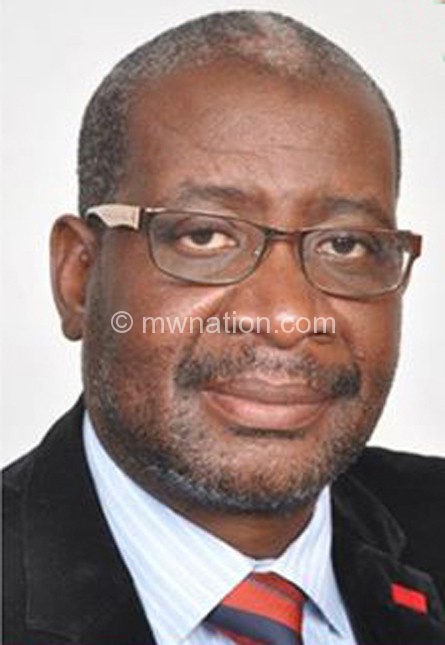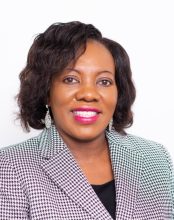Borrowing worries Budget and Finance Committee
Parliament’s Budget and Finance Committee has described as worrisome and alarming the level of government borrowing, claiming it is exceeding sustainable levels.
Committee chairperson Rhino Chiphiko said his committee is under pressure to authorise some money bills to be tabled in Parliament in May.
He expressed the sentiments at Parliament Building in Lilongwe on Wednesday when his committee met officials from the Northern Region Water Board (NRWB) who were lobbying support for a loan authorisation bill of $60.7 million (K4.5 billion) for Karonga and Nkhata Bay water supply projects.

Said Chiphiko: “We are concerned whenever someone comes to the committee to ask us that they want to borrow again. The level of borrowing is becoming unsustainable and our external debt is now at K1.4 trillion. Last year alone we paid over K23 billion to service the interest on external debt.”
He said it was becoming difficult for the committee to approve some money bills; hence, they have embarked on a project on how to reduce the debts.
But Chiphiko said NRWB will be spared because the projects they were proposing deal with lives of people for they will provide safe water which will help prevent waterborne diseases.
NRWB chief executive officer Titus Mtegha said his board is implementing projects to improve supply capacity in areas where demand for the commodity is rising.
He told the committee that they cannot afford to fold arms when there is need for potable water just because the country has reached an alarming stage on borrowing.
Said Mtegha: “We are fully aware that the right committee to come to for the bills is this one. We would like this bill to be considered because we know that water is life and getting scared to ask for water loans will not only reflect badly on us as service providers, but it will also put lives of people we serve at risk. We don’t want people to suffer, so we pleaded with the committee to support the bills.”
The main objectives for both projects include upgrading of raw water pipelines, water treatment plants, transmission pipeline, and construction of storage tanks and provide facilities to manage liquid and solid wastes.
NRWB was established in 1996 as a parastatal organisation responsible for the supply of water and waterborne sanitation services in urban centres of northern Malawi.
On Wednesday, the World Bank warned African governments, including Malawi, to borrow responsibly or risk their public debts reaching unmanageable proportions with the structure changing from concessional to market loans.
However, Minister of Finance, Economic Planning and Development Goodall Gondwe has on several occasions defended Malawi’s debt levels, describing them as manageable.
During the Mid-Year Budget Review Meeting in February this year, the minister said the government’s annual domestic borrowing had declined from K94 billion in 2014/15 down to K37 billion in 2016/17 and to a planned figure of K28 billion in 2017/18.
Presenting a report to Parliament last year on loans incurred since 1964, Gondwe said the current external debt was 23 percent of the gross domestic product (GDP) against the 30 percent recommended for low income countries.
He attributed the rising domestic debt levels to withdraw of budgetary support after revelations of Cashgate—the plunder of public resources at Capital Hill—in 2013, implying that the zero-budgetary support policy has not worked as expected.
As Malawi’s budget deficit continues to increase due to poor revenue collection, domestic borrowing stood at K1.1 trillion as of June 30 2017, translating to 25.6 percent of the GDP above the 20 percent accepted levels.





